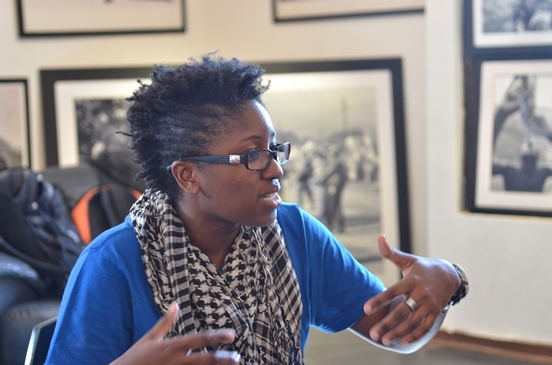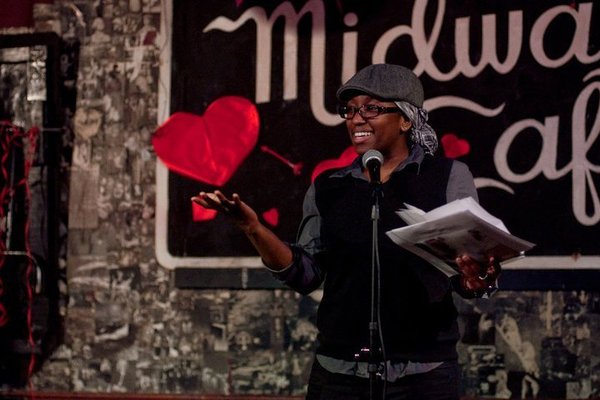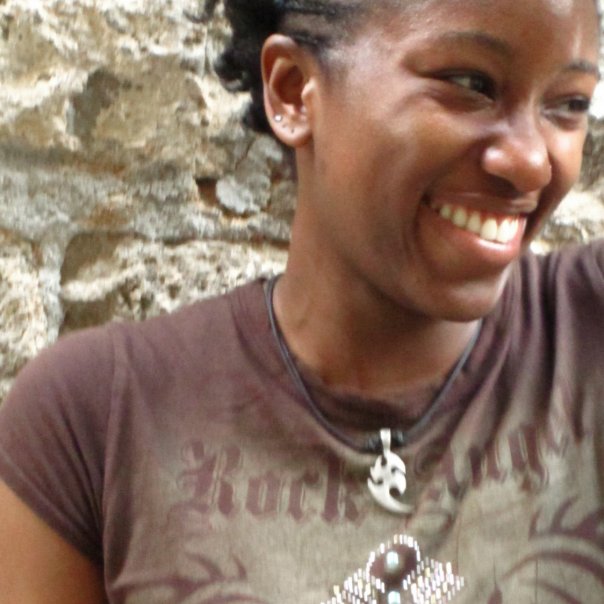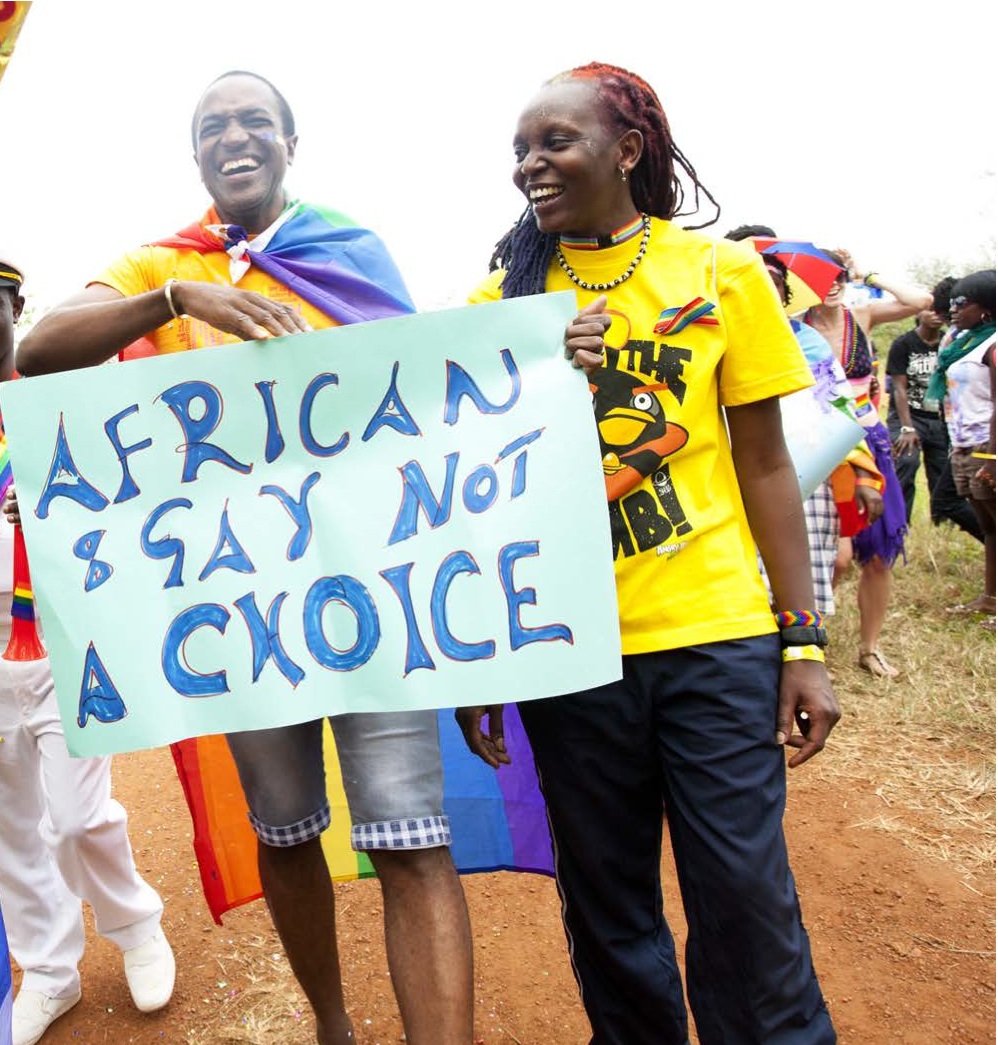As a group that is routinely judged, shunned, and fighting for acceptance, we as LGBTI (Lesbian, Gay, Bisexual, Transgender, Intersex) people are often pigeon-holed into playing the role of educator to the people that inflict the most pain on us, our friends and family. But it doesn't always have to…
-
-
My BET.com Interview about LGBT Africa and the Media: “Being Gay in Africa Is Neither Good Nor Bad”
BET.com interviews me about my work as a media activist focusing on gender and LGBT issues in Africa. The piece, which was very positive and optimistic, prompted some thoughts about what "good" media activism means to me. Surprisingly "good" media has nothing to do with it. Read the interview, and…
-
Advocacy - Afrofeminism - Blog - Gender and LGBT Issues - Keynotes, Talks, and Presentations - LGBT Africa - Media - My Work - New Media - Philanthropy - Speaker Services - Thought Leadership
Making It In Media, Accidentally: One Queer African Writer’s Journey to Paradise
My career path in media hasn't been linear or conventional by any means. I went to MIT to study Mathematics, before realizing that I was really an artist. My parents are still in recovery. But everything will work out. It always does. Don't drive your career with someone else's rear…
-
Advocacy - Africans for Africa - Afrofeminism - Announcements - Blog - Keynotes, Talks, and Presentations - LGBT Africa - My Work - Philanthropy - Special Series
Spectra Speaks on “The Power of Storytelling: LGBT History, The Media, and the African/Black Diaspora”
Are you affiliated with a college, university, or high school who's seeking speakers for the upcoming academic year? Are you a conference in search of an inspirational keynote speaker? A loyal reader of my blog? :) Check out my latest talk, "The Power of Storytelling: LGBT Rights, the Media, and…
-
Afrofeminism - Blog - Gender and LGBT Issues - International Development - LGBT Africa - Movement-Building - Philanthropy - The Political, Personalized - Thought Leadership
Celebrate LGBTI Africa’s Pride Everyday (and Everywhere, Not Just Uganda)
I have witnessed the daily grind of empowerment of black South African lesbians, watched them sink and wade through the cultural stigma that surrounds them like a mist, clouding the world’s perception of their lives as ordinarily human. Thus, I have come to re-affirm my belief that we must also…
Online rulet oyunları gerçek zamanlı oynanır ve online slot casino bu deneyimi canlı yayınlarla destekler.
İnternet üzerinden eğlence bahsegel giriş arayanlar için deneyimi vazgeçilmezdir.
Kullanıcıların hesaplarına hızlı ve sorunsuz bettilt ulaşabilmesi için adresi her zaman güncel tutuluyor.




